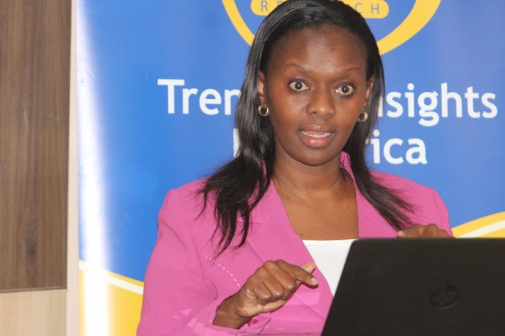×
The Standard e-Paper
Fearless, Trusted News

In the run-up to Tuesday’s general election, pollsters released opinion polls on what they felt would be the voting patterns.
But as the results started to trickle in, some of their predictions fell flat, with voters proving the pollsters wrong in several contests.







